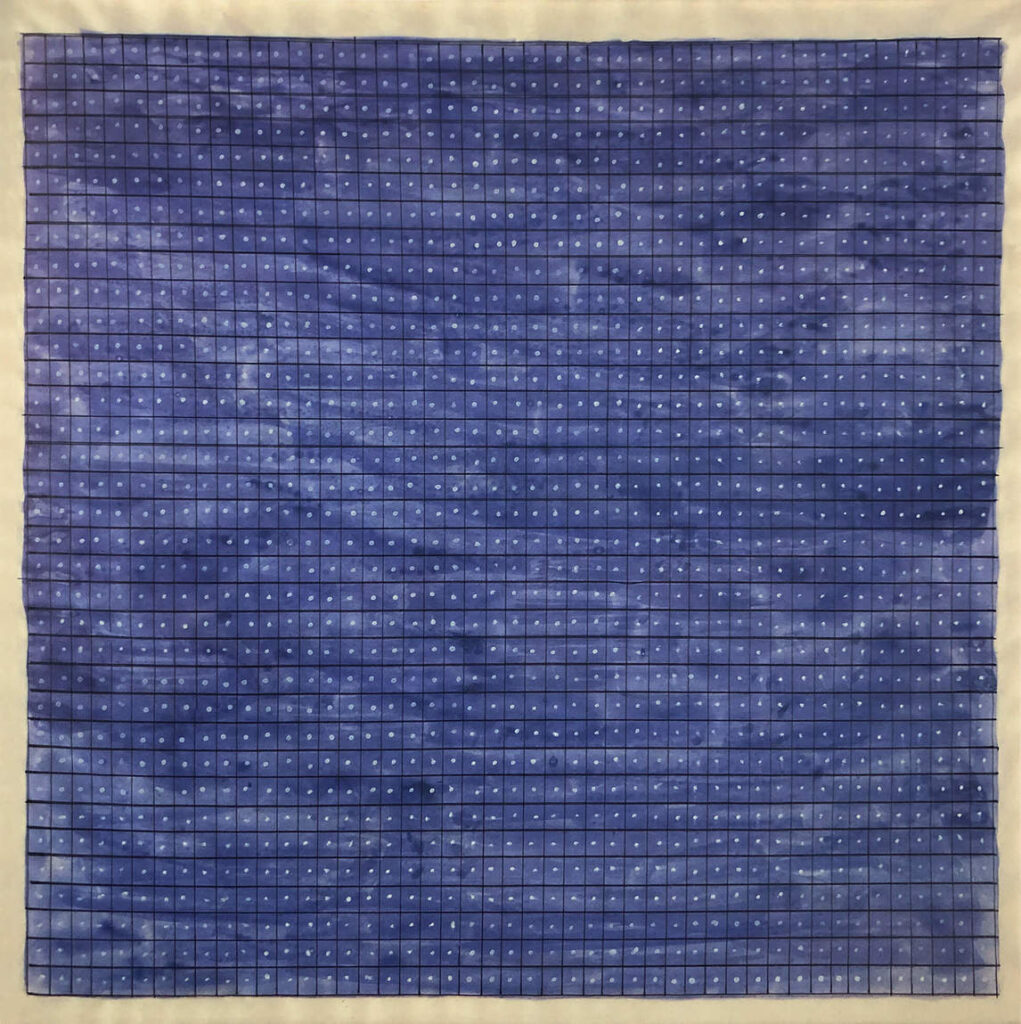
Introduction: Notes on Contemporary University Struggles | Eli Lichtenstein
In the last two years, renewed militancy in university struggles has led to both victories and defeats at campuses across the country and beyond. Against the backdrop of continuing academic proletarianization, ever rising student debt, and expanded campus policing, students and workers have nonetheless formed new tactics and solidarities, and forced numerous concessions from university administrations. This dossier presents critical reflections and reportbacks from recent university struggles, indicating some of the possibilities, paradoxes, and challenges of ongoing fights to transform the university.
Cops Off Campus Research Collective Inquiry | Audrey Beard, Abbie Boggs, Brendan Hornbostel, Anne Fosburg, Eli Meyerhoff, Nick Mitchell, Zach Schwartz-Weinstein
Our theory of the university - how to study it and how to be in relation to it - calls for a fundamental rethinking of property relations. It is a theory that refuses many collective assumptions of the university, perhaps most centrally its benevolence and its inevitable future. To focus on accumulation, capital, and land has the potential to widen the frame of who the stakeholders are in this struggle beyond students and faculty so as to be accountable to and ideally in solidarity with other campus workers and the people who live in areas adjacent to college and universities. To think the university in this way is to shift away from the idea of being “in but not of” to grapple with the ways we’re all of it, whether or not we want to be and thus to refuse a tempting absolution from complicity with the institutions’ violence. We understand ourselves as working in and on the university, with our different and shifting positions in relation to university institutions (tenure-track, tenured, adjunct, staff, grad student-worker, ex-academic) to agitate across our positionalities—particularly in reckoning with the limits and possibilities for studying, collaborating, and organizing in solidarity with each other.
Midwest Labor Group Inquiry | Midwest Labor Group
By “cooperative labor union,” we meant an organization that would focus on building the power of rank and file workers by pooling our collective resources and knowledge to further on-the-ground organizing. We were tired of being subordinate to and undermined by business unions that weren’t interested in building the capacity necessary to take militant action and, frankly, didn’t care about our interests as workers. We also wanted to assist new organizing efforts of workers both inside and outside of universities in order to build a powerful working class base that could defend its own interests. The vision was to join workers from multiple Midwestern universities in one union or cooperative labor organization. We hoped to eventually expand to other universities in the region and beyond, and to include adjuncts and service workers as well.
Our Consciousness and Theirs: Further Thoughts on the Class Character of University Activism | Aimée Lê and Jordan Osserman
Class consciousness does not automatically develop from poor working conditions (nor, as we will address, should an analysis of our working conditions be restricted only to questions of hours, pay, etc., without including ideological aspects of work); rather, consciousness develops when individual demands are actively made political and collective: in other words, through class struggle.
Abolitionist University Studies: An Invitation | Abbie Boggs, Eli Meyerhoff, Nick Mitchell, Zach Schwartz-Weinstein
The abolition university recognizes that abstract oppositionality and critique, left to their own devices, may in fact unwittingly reproduce accumulation regimes by offering their practitioners the sense of moral supremacy and social exteriority necessary to imagine knowledge production as a form of change in itself. Instead, we imagine the abolition university as a relation, a network, and an ethos with various potentials for transforming what and whom the university can be for.
 Viewpoint Magazine
Viewpoint Magazine